Related Topics
Kent Johnson: Religious Diversity in Electrical Engineering
Kent Johnson, Senior Corporate Advisor at the Religious Freedom and Business Foundation discusses the role of religious diversity in the workplace.
From Zero to Hero in Python
Python software language, more and more electrical engineering jobs are requiring this as a skill set but is it just snake oil?
The Yeti Job Hunt
Stephen is on the hunt for the next step in his electrical engineering career and shares the shifts in the industry and what employers are looking for.
Other Resources
Circuit Break Podcast
Webinars
Videos
Tour MacroFab's ITAR-Compliant Facility
June 20, 2018, Episode #125
Podcast Notes
- Robert Keim
- A graduate from the University of California of San Diego with a bachelor’s degree in electrical engineering
- Technical Director for All About Circuits
- Extensive experience in a wide variety of fields, including:
- Analog design
- Firmware development
- Digital signal processing
- Power management
- Motor control
- Digital camera design
- Low-noise PCB layout
- System integration
- Designing for harsh environments
- Neural networks
- Software-defined radios
- Role of open source information in the EE community
- What does Open Source mean to you?
- Robert: Knowledge, that originates from labor and is freely available. True acquisition of knowledge.
- Parker: A tool for learning – seeing how things were made and creating your own version
- Stephen:More emphasis on knowledge and understanding vs the execution
- Do you think that open source projects can be a long term financial success, or are they a social movement and more about bringing knowledge and functionality to the community?
- Version control for PCBs and how that workflow may differ from software version control
- How you would collaborate with multiple Electrical Engineers on a single PCB (schematic and layout)?
- What’s one of your favorite articles that you wrote for All About Circuits and why? The Clean Power Series – decoupling capacitors
- Favorite Microcontroller/Development Board/Toolchain
- Where do you see EDA tools in 5 years? Least favorite EDA tool?
- What does Open Source mean to you?
Visit our Slack Channel and join the conversation in between episodes and please review us, wherever you listen (PodcastAddict, iTunes). It helps this show stay visible and helps new listeners find us.
About the Hosts

Parker Dillmann
Parker is an Electrical Engineer with backgrounds in Embedded System Design and Digital Signal Processing. He got his start in 2005 by hacking Nintendo consoles into portable gaming units. The following year he designed and produced an Atari 2600 video mod to allow the Atari to display a crisp, RF fuzz free picture on newer TVs. Over a thousand Atari video mods where produced by Parker from 2006 to 2011 and the mod is still made by other enthusiasts in the Atari community.
In 2006, Parker enrolled at The University of Texas at Austin as a Petroleum Engineer. After realizing electronics was his passion he switched majors in 2007 to Electrical and Computer Engineering. Following his previous background in making the Atari 2600 video mod, Parker decided to take more board layout classes and circuit design classes. Other areas of study include robotics, microcontroller theory and design, FPGA development with VHDL and Verilog, and image and signal processing with DSPs. In 2010, Parker won a Ti sponsored Launchpad programming and design contest that was held by the IEEE CS chapter at the University. Parker graduated with a BS in Electrical and Computer Engineering in the Spring of 2012.
In the Summer of 2012, Parker was hired on as an Electrical Engineer at Dynamic Perception to design and prototype new electronic products. Here, Parker learned about full product development cycles and honed his board layout skills. Seeing the difficulties in managing operations and FCC/CE compliance testing, Parker thought there had to be a better way for small electronic companies to get their product out in customer's hands.
Parker also runs the blog, longhornengineer.com, where he posts his personal projects, technical guides, and appnotes about board layout design and components.

Stephen Kraig
Stephen Kraig is a component engineer working in the aerospace industry. He has applied his electrical engineering knowledge in a variety of contexts previously, including oil and gas, contract manufacturing, audio electronic repair, and synthesizer design. A graduate of Texas A&M, Stephen has lived his adult life in the Houston, TX, and Denver, CO, areas.
Stephen has never said no to a project. From building guitar amps (starting when he was 17) to designing and building his own CNC table to fine-tuning the mineral composition of the water he uses to brew beer, he thrives on testing, experimentation, and problem-solving. Tune into the podcast to learn more about the wacky stuff Stephen gets up to.
Special thanks to whixr over at Tymkrs for the intro and outro!
Related Podcasts
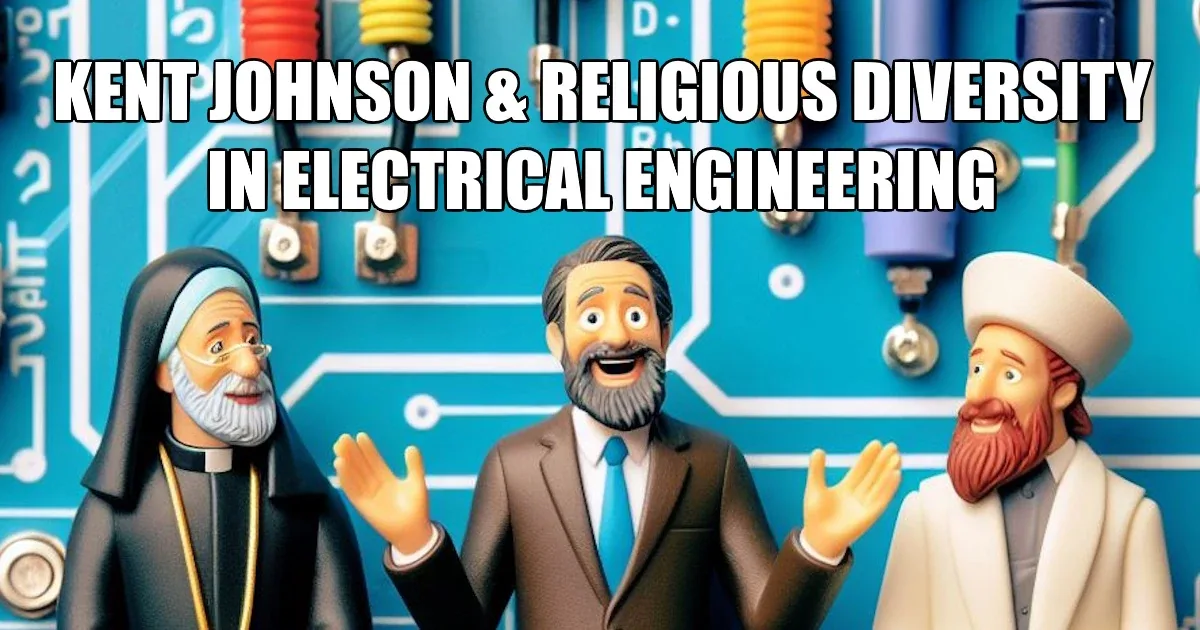
Kent Johnson: Religious Diversity in Electrical Engineering
Kent Johnson, Senior Corporate Advisor at the Religious Freedom and Business Foundation discusses the role of religious diversity in the workplace.
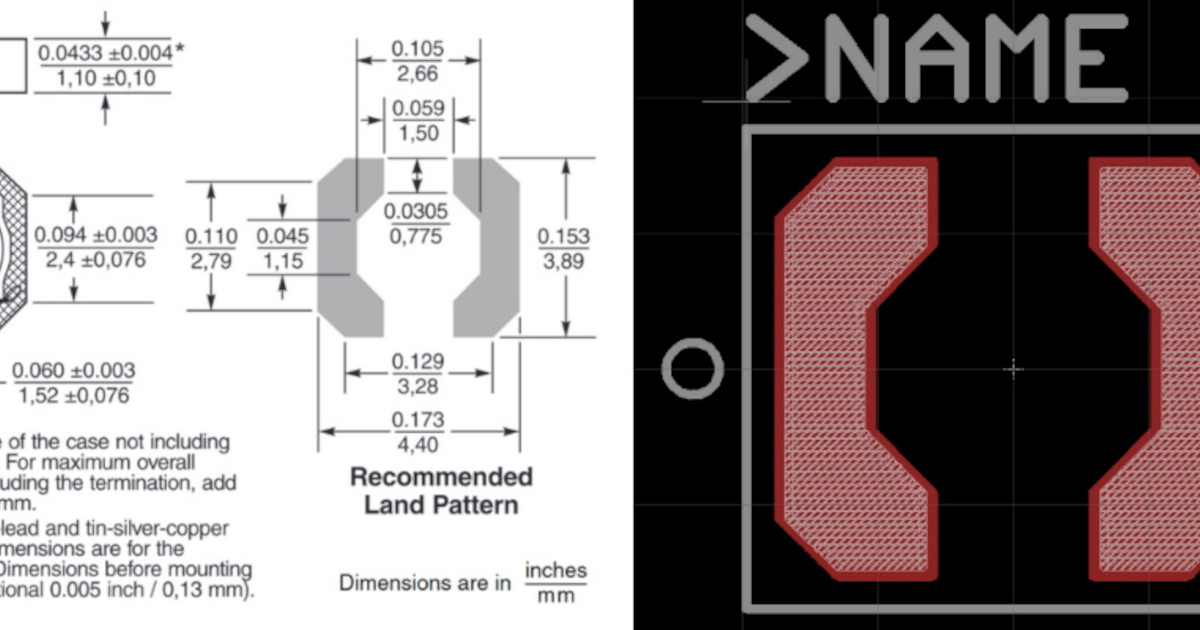
It is 2023, Why Does Footprint Design Still Suck?
Why is there such a disconnect between component datasheet drawings and EDA footprint layout tools? Stephen and Parker dive into this on this podcast.
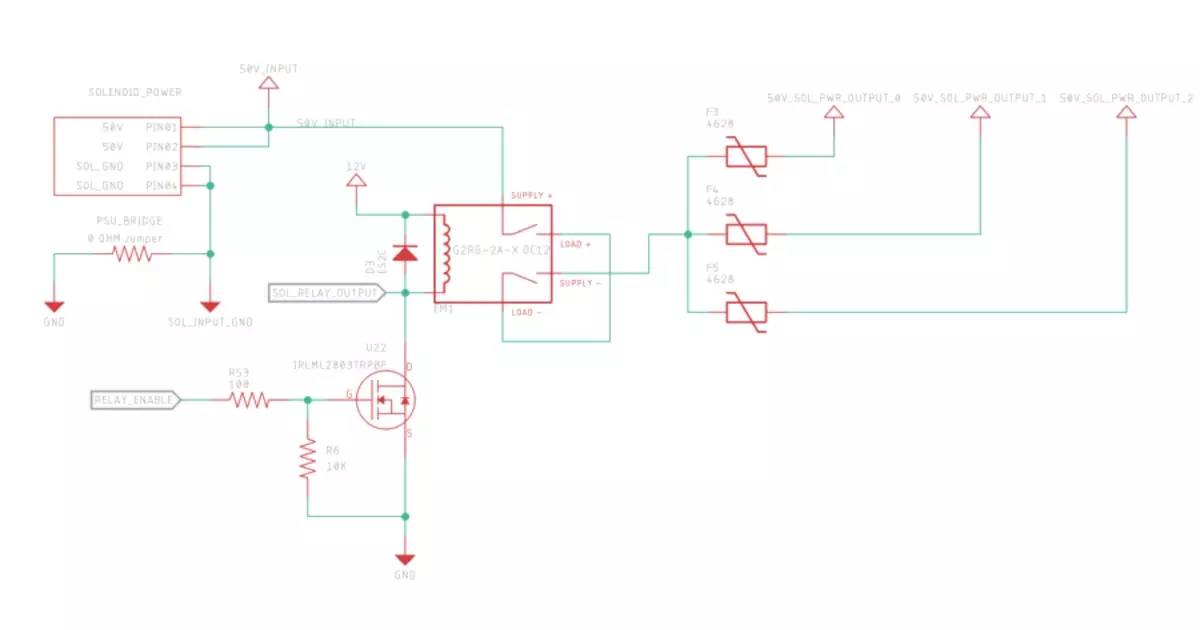
Supply Chain Crunches
What are the pros and cons of becoming an electrical engineer? With great power comes great responsibility or just the lack of sleep!
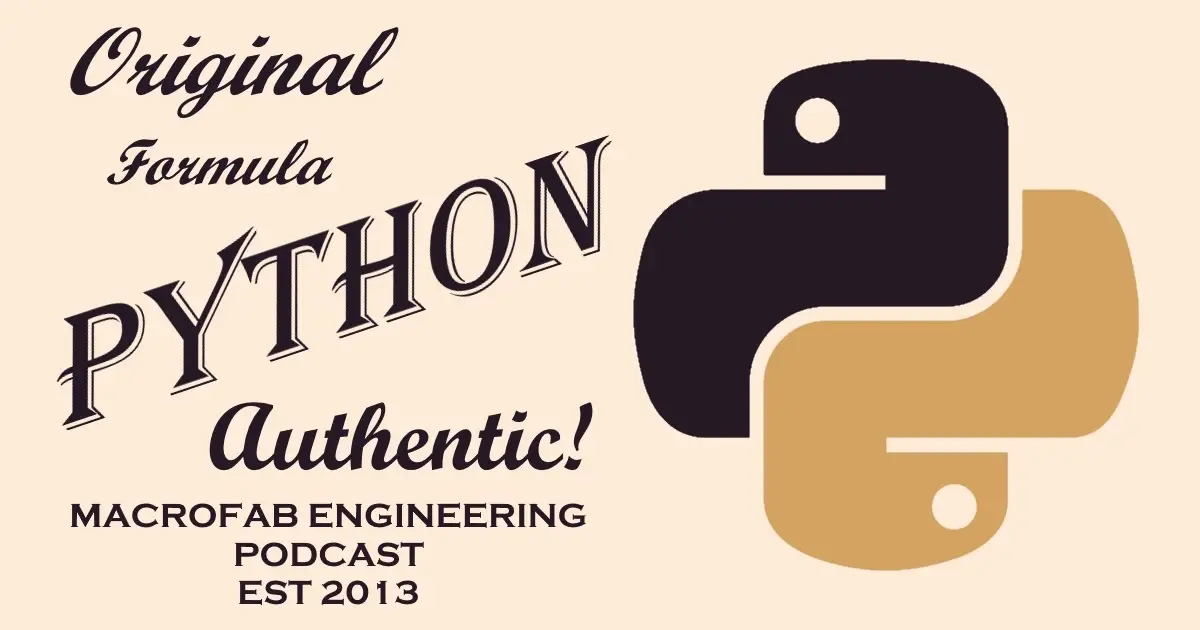
From Zero to Hero in Python
Python software language, more and more electrical engineering jobs are requiring this as a skill set but is it just snake oil?
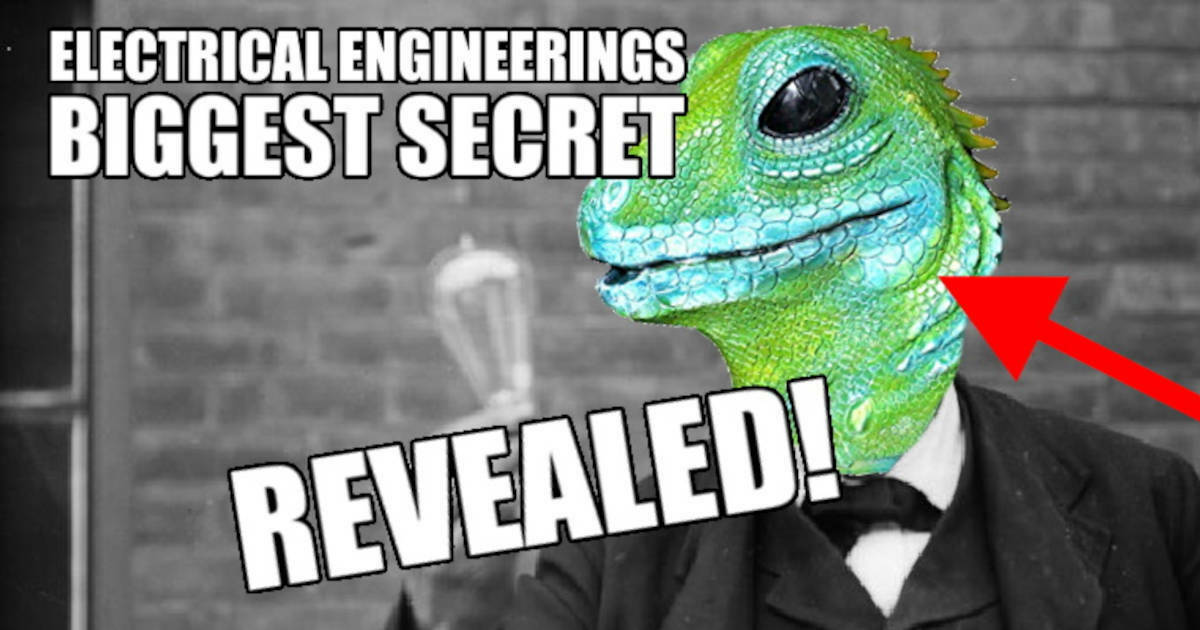
Electron Congo Line
Are the founders of electrical engineering lizard people or is big electricity have a dark secret that they don't want you to know about? Tune in!

The Yeti Job Hunt
Stephen is on the hunt for the next step in his electrical engineering career and shares the shifts in the industry and what employers are looking for.
About MacroFab
MacroFab offers comprehensive manufacturing solutions, from your smallest prototyping orders to your largest production needs. Our factory network locations are strategically located across North America, ensuring that we have the flexibility to provide capacity when and where you need it most.
Experience the future of EMS manufacturing with our state-of-the-art technology platform and cutting-edge digital supply chain solutions. At MacroFab, we ensure that your electronics are produced faster, more efficiently, and with fewer logistic problems than ever before.
Take advantage of AI-enabled sourcing opportunities and employ expert teams who are connected through a user-friendly technology platform. Discover how streamlined electronics manufacturing can benefit your business by contacting us today.
